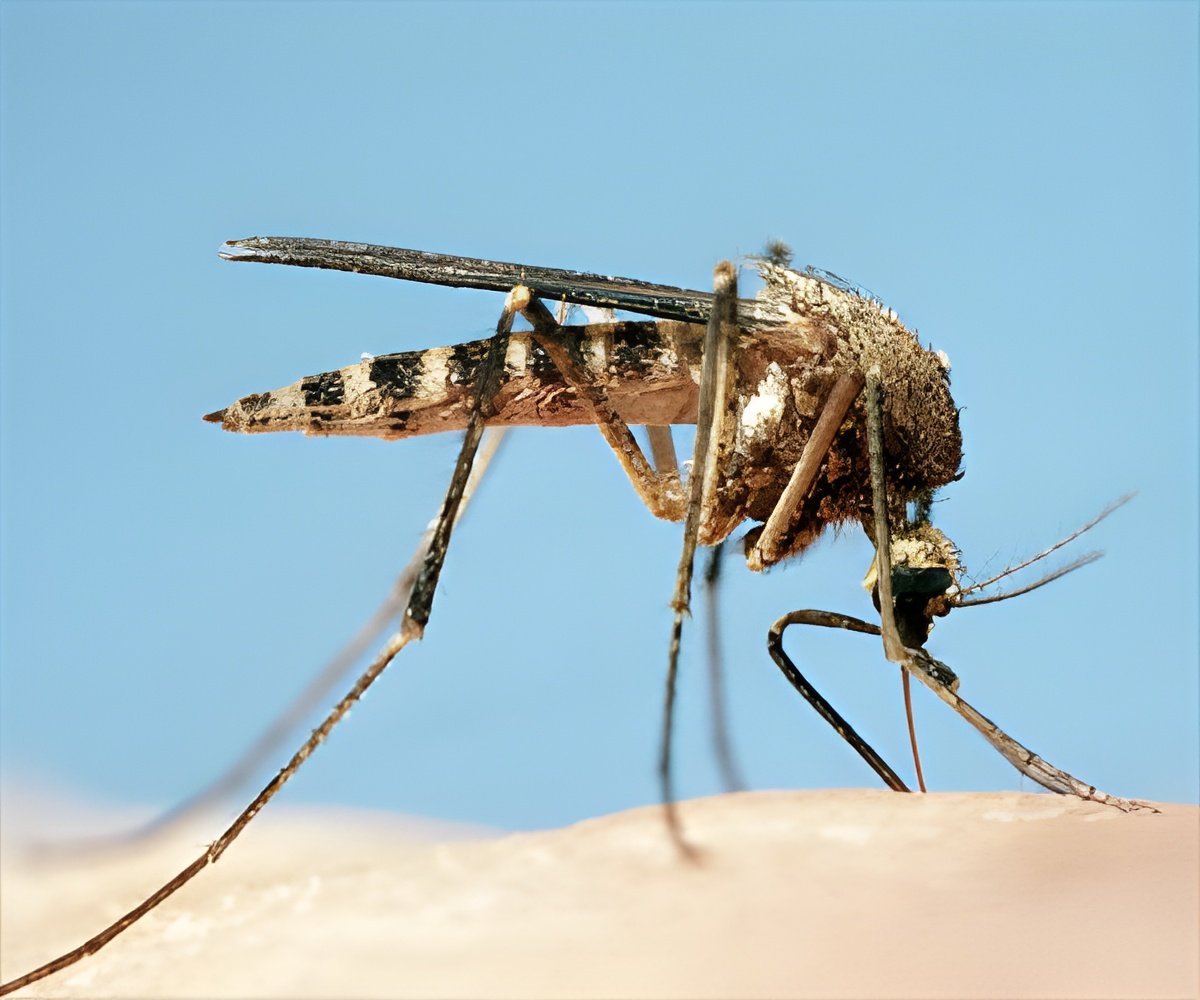
For more than a decade, the fast-acting treatment artemisinin has been Thailand's most potent weapon in the long-running battle against malaria, contributing to a sharp drop in the number of deaths.
It is the most commonly used drug worldwide against a mosquito-borne disease that infects 216 million people and claims 655,000 lives around the globe each year.
But after artemisinin-defying parasites emerged on the Thai-Cambodian border about eight years ago -- and were later discovered in western Thailand, Myanmar and Vietnam -- fears are growing that the wonder drug is losing its potency.
And so far there is no other treatment that packs the same punch.
"If the resistance spreads there will be a surge in cases," warned Fatoumata Nafo-Traore, director of the Roll Back Malaria Partnership, which coordinates the global fight against the disease.
Advertisement
For people living in the Thai-Myanmar border villages, malaria is a daily risk.
Advertisement
In the local subdistrict, of about 190 cases of malaria in the past year, 40 people still had the parasite one month after initial treatment -- double the number in the previous year, said disease control official Wittaya Saiphomsud.
"In the past, when we gave patients the drugs they recovered completely in three days. But now when they take them, they have malaria again within less than a month," he said.
The authorities have begun monitoring patients taking their daily doses to ensure they complete the prescribed regimen in order to completely kill the parasite and reduce the risk of drug resistance.
Sales of counterfeit or poor-quality medicine without enough quantity of the active ingredient are also part of the problem.
On the other side of the border in Win Kan village in Myanmar's Mon State, volunteer Than Nwet tests patients for malaria and distributes medicine provided by the Christian humanitarian organisation World Concern.
In the past, most villagers bought drugs from local shops, she told AFP.
"They took medicine without a doctor's prescription so the malaria became resistant to the drugs. About one-third of people still buy medicine from a nearby shop," she said.
Nobody knows for sure if artemisinin-resistant malaria was spread by migrant workers or developed independently in areas hundreds of kilometres (miles) apart.
For now the drug remains effective in most cases, and second-line treatments -- albeit less potent -- ensure deaths are still relatively rare in Thailand, which reported about 30,000 cases and 12 fatalities in 2011.
But experts fear that if the resistance becomes more prevalent, and creeps further westwards, years of progress will unravel.
Billions of dollars of investment and a decade of progress "will probably be hijacked" if the resistance spreads to malaria-ridden Africa, said World Health Organisation regional expert Charles Delacollette.
While Thai campaigns to encourage people to sleep under mosquito nets have helped reduce infection rates, not everybody heeds the advice.
Sitting in his home in Kanchanaburi province as he recovers from a bout of malaria, villager Chong said he is afflicted with the disease every year, and lost his son to the illness several decades ago.
"Every month I go to the forest," said the 57-year-old, who goes by one name, admitting that he does not use a sleeping net when he ventures across the border to cut bamboo shoots.
Decades of military rule and ethnic conflicts have left Myanmar's health system in tatters, and malaria is endemic in much of the country.
The government reported about 420,000 confirmed cases and 788 deaths in 2010, but that is believed to be a small fraction of the actual total.
Drug-resistant cases are estimated to account for about 15 percent of the total in certain areas, according to Saw Lwin, deputy director general of Myanmar's health ministry.
As the country now opens up after decades of isolation, increased migration flows pose a new challenge.
When previous generations of medicines lost their efficacy, infections spiked and resistance rippled out from the region through Myanmar and eventually to Africa, which sees 90 percent of worldwide malaria deaths.
"Our country is the gateway for the spread of drug-resistant parasites westwards and to Africa," Saw Lwin warned.
Experts say time may be running out to prevent history repeating itself.
Source-AFP












